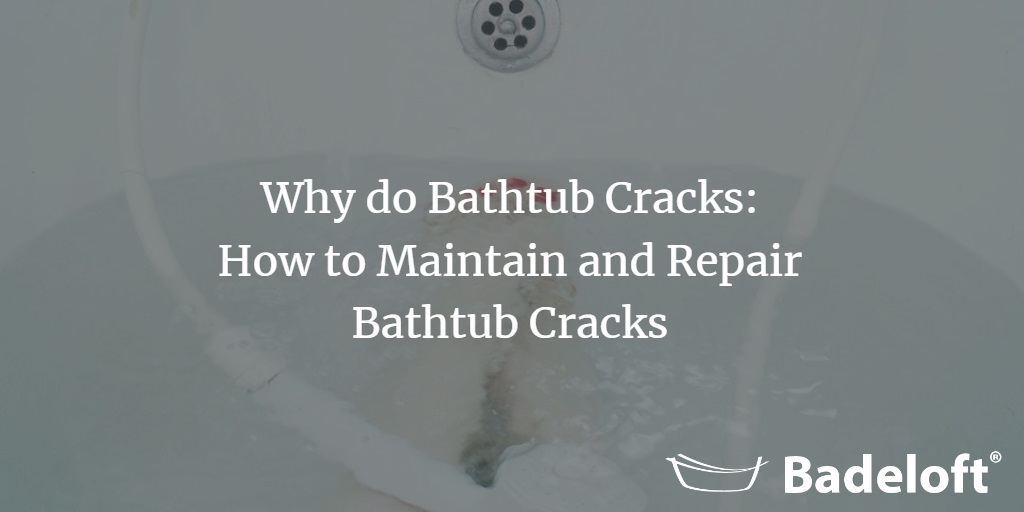
Why Do Bathtubs Crack?: How to Maintain and Repair Bathtub Cracks
Your bathroom is a place of peace and solitude, then one day, as you ready yourself for a relaxing bath,
A water heater is a tank that heats water for future use. Home water heaters come in two variants: either a tank variant (most common) or a tankless variant. A tank water heater uses a gas burner or electric heating rods to heat the water which is then stored for future use, whereas a tankless water heater uses gas or electricity to provide a constant stream of hot water at the desired temperature. This is the water that is used for bathing, cooking, cleaning and heating.
A water heater is important to any household because it provides your home with consistent hot water. Without a water heater, your home would need a way to heat water for all activities such as bathing, cooking, cleaning and general warmth. In general, a water heater provides your home with a generally inexpensive tool that makes your daily life much easier and convenient. Also keep in mind that a reliable water heater is necessary for creature comforts such as taking baths.

Water heaters come in many different variants, but their function remains the same: to heat water. The different variants just use different sources of power to heat the water in an attempt to save energy and power for your home.
The conventional storage tank water heater is generally made of enamel-lined carbon steel, stainless steel or copper. Water is heated indirectly by gas burners, or electric heating rods inside of the tank. Once water reaches the proper temperature, it is stored in the tank until you turn on a faucet or your shower, which will cause pressure that sends water from the tank through the pipes into the appropriate faucet.
Tankless or On-demand heating is similar to the conventional water heater, except without the use of a storage tank. This means that all hot water is instantaneous without the need for a storage tank. This option is great for homes that don’t use a large quantity of hot water because it will save you more energy and power as you will receive enough hot water to finish your task and nothing more. The downside is that tankless water heaters provide a small amount of hot water and it’s flow rate isn’t as high as a standard water heater.
A heat pump water heater uses electricity to move heat from one area to another which generates enough heat to warm your water. Since this heating source is indirect, they tend to be 2-3x more energy efficient than conventional water heaters. The drawback to heat pump water heaters is that since they rely on indirect methods of heating, they actually provide cool air to the surrounding room which makes them very inefficient in cold climates. They also tend to be much more expensive and prone to failure for the more feature rich models. 4
As it’s name suggests, a solar powered water heater uses solar energy to power and heat water for future use. While this water heater is initially the most costly, in the long run it is perhaps the most cost efficient and energy efficient for your home. Solar power also has a larger power supply to absorb more power for future use, thus overcoming it’s primary drawback. The obvious drawback to Solar power is that when you burn through your power supply, you need to wait until the sun is up to refill your power reserves.
A condensing water is a gas-fired water heater that is usually tankless. A condensing water heater solves the energy problem of a traditional model by condensing the heat exchange from the output gas and recycling it through itself to preheat the water, consuming far less energy.
Although they may appear complicated, water heaters are fairly simple instruments to understand.
In general, a water heater costs anywhere between $400-4,000 for the actual unit itself. $400-$2,000 is the general average for a conventional water heater, with hybrid and tankless models in between with an average of $150-2,500 with a solar water heater being the most expensive with an average of $2,000-4,000. However, this is just the unit cost as installation will run anywhere from $1,000-3,000 easily. Not to mention that energy use will dictate the long term cost of a water heater. In general, over a 12 year life span, a water heater will run anywhere between 5-6,000 in costs. This is also why it is beneficial to install a solar water heater as it will drastically reduce this cost.
What size water tank you will need for your household will ultimately depend on how big your household is. This is an important decision to make before purchasing as it will determine how much energy and power your water heater will ultimately need.
Obviously these numbers are just guidelines, but for water heaters, you want to have an accurate summation of your household’s water use. This will ultimately save you a great deal of money in the long run and help to conserve water and energy.

In general, a water heater should last anywhere between 8-12 years with consistent use. That being said, there are a few issues that will propagate over time that will need addressing. Depending on how much you use your water heater, it’s internals will eventually rust or corrode. The result is unpleasant or darker colored water which will indicate contaminants. It is for this reason that it is best to inspect your water heater every couple of months to ensure that no issue arises.
Owning a water heater can be a hassle as it is an important appliance to your daily life. Below are some common problems with water heaters
To offset many of the major problems of water heaters, it is best to perform regular maintenance to ensure it’s longevity
Water heaters are an essential part to any household, and there are plenty of options today for those looking to conserve energy while still having access to plenty of hot water. So do your research and consider the needs of your household before purchasing.

Eric is the founder and president of Badeloft USA. He has been the president of Badeloft’s US division for over ten years and oversees all marketing and branding aspects of Badeloftusa.com.
His expertise lies in small business development, sales, and home and bathroom industry trends and information.
Contact us with any business related inquiries.
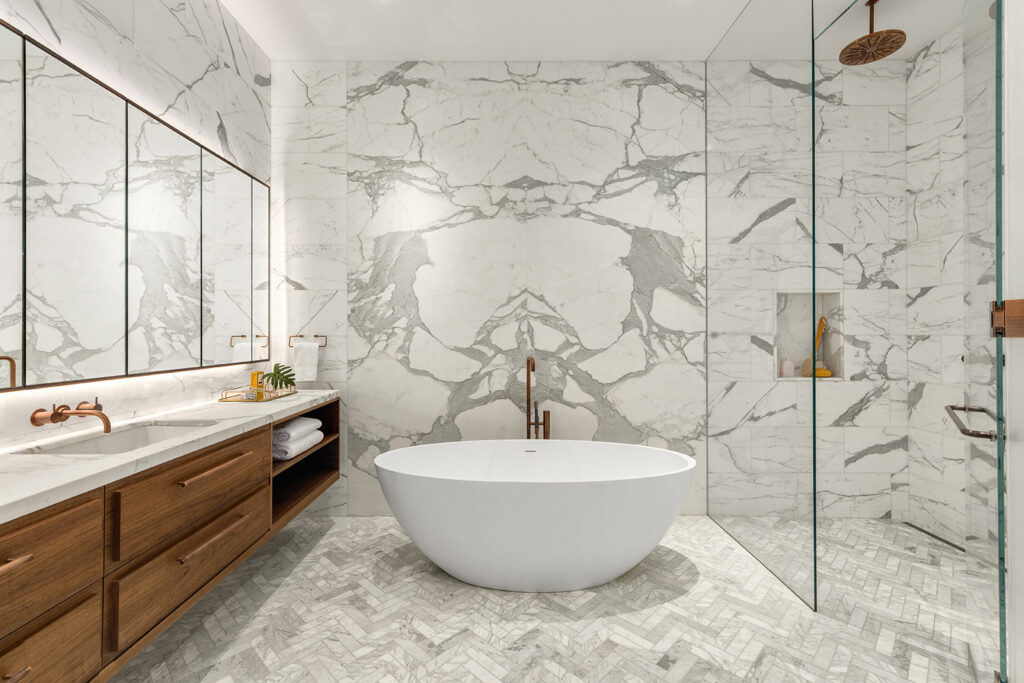
Free material samples and tub templates

Your bathroom is a place of peace and solitude, then one day, as you ready yourself for a relaxing bath,
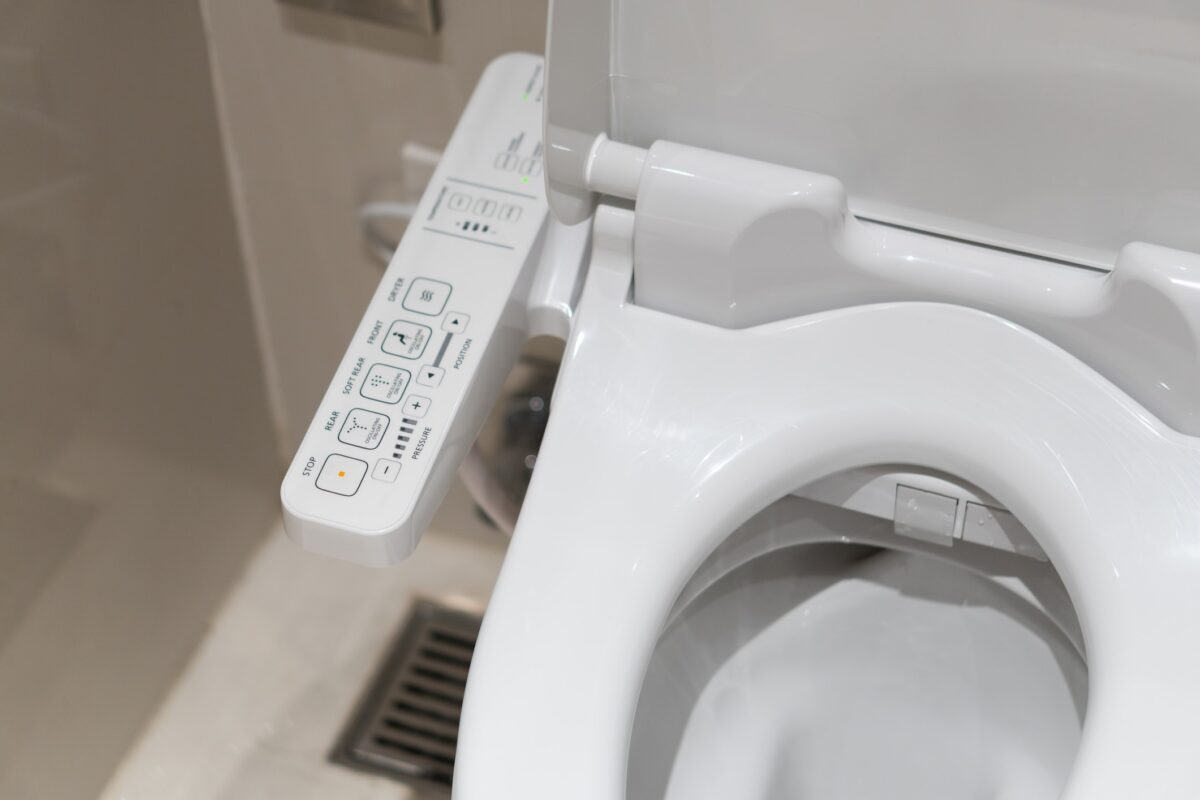
So now that you are ready to buy your smart toilet, where should you go? Do you go to an
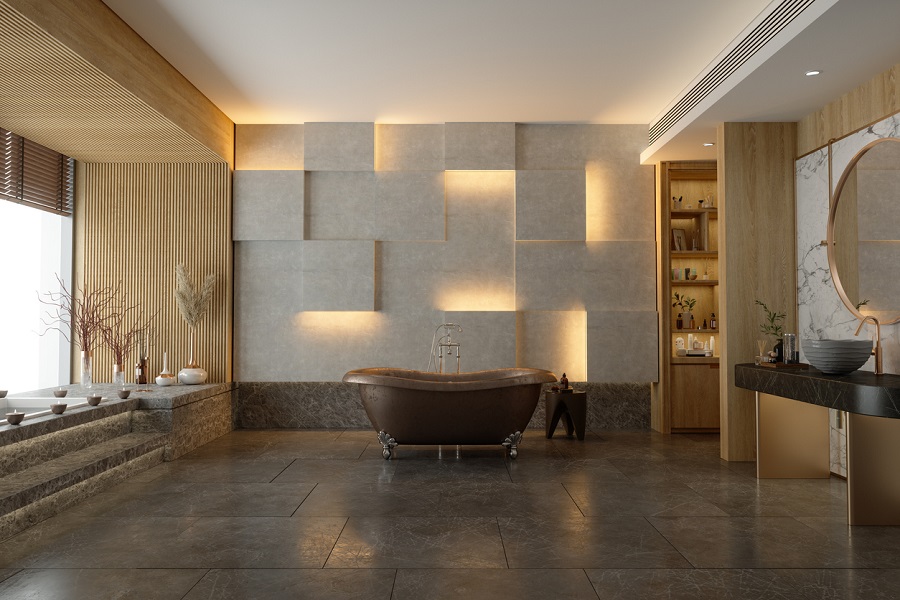
For the master or guest bathrooms, 75-100 watts is recommended. For small or medium-sized bathrooms like half-baths and powder rooms,
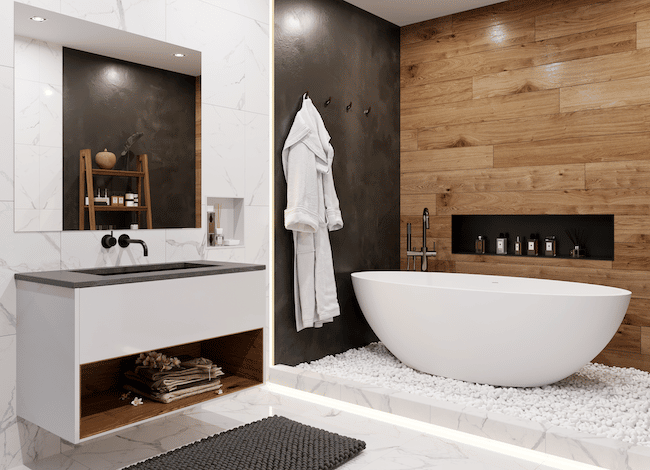
A common question in home improvement is what material to choose. There are quite a number of different materials on
Fill out the form below to request a free material sample
"*" indicates required fields
"*" indicates required fields